Political capital sits at the base of most of the decisions taken in our public and private lives. As such, it is only expected that we begin to witness the kind of election fever that has gripped the nation as 2015 approaches.
With the rate of population growth of eligible young voters tipped to join the youth market in 2015, it is now imperative that the youth leverage the power in their numbers to make their voices heard in 2015 elections, online and most importantly offline.
There is an expectation that the youth will play a pivotal role in determining the outcome of 2015 elections, being that they hold the largest number in the voting age group estimated at 70 per cent and will be in a position of huge influence this time around if they recognise the power they wield.
One of the most important living currencies in Nigeria is governance. There has been a growing chatter amongst young voters about the quality of governance they seek and the need to witness a type of governance that encourages participatory dialogue and one that takes the issues of the youth seriously.
Advertisement
With demographic changes transforming the world, and with what was witnessed in India’s recent elections, Nigeria is no exception; and with our recent economic growth, the youth are hungrier for participation in Nigeria’s development process.
The current level of youth unemployment has further amplified the need to be part of a political dialogue that addresses these concerns, the need for more opportunity, shifting the public discourse and pushing the agenda for the upcoming elections to address their own concerns. The younger generation wants employment and better standards of education.
It is no news that social media has had a significant impact on different areas of development and the youth have being drivers of this impact. It has been observed that there is a greater engagement of youths online than offline, with young voters rarely coming out to cast their votes but being comfortable enough talking about it online. This will, in turn, have little or no role in determining their future if they do not take their voices off social media to the polls.
Advertisement
The rise of social media and technology use has provided dynamic ways for the youth in engaging their leaders. Social media has helped in boosting Nigeria’s democratic values by bringing political parties and leaders under scrutiny and providing a more people centric approach to governance. In 2011, the youth used social media to monitor, track and report incidents around the elections, which greatly improved their conduct. The remarkable thing is that another electoral cycle is here and more young people are eligible to vote so the engagement on social media will be monumental in 2015, judging by the level of engagement in 2011.
There are always big stories concerning the impact of social media in the conduct of elections and the youth have been the advocates of these big stories. A good example, I recall while monitoring the 2012 Ghanaian elections in the Ghana Social Media Tracking Centre set up at the Kofi Annan International Peacekeeping Training Centre (KAIPTC), Accra, we had been getting dozens of reports from some social media platforms and I remember this particular incident where there were reports of violence in Ablekuma North stemming from a voter jumping the queue much to the chagrin of others. The moment we caught this report, it was escalated to the security agents we had listed as emergency contacts in the Situation Room. We didn’t need to call them back for a follow-up. Within minutes, pictures of the security agents and their vans were all over Twitter and Facebook and order was restored and voting continued peacefully. It was one of those goose-bump moments for me.
In Nigeria’s 2011 elections, I can vividly recall reports of violence in a female hostel in Bauchi, and with the uproar on social media, security agents were able to rush to the scene and quell what could have been a massacre. It is big stories like these that further reaffirm my belief that social media is a powerful and unique tool that the youths can leverage in ensuring smooth conduct of elections and also encouraging participation amongst their peers due to its reach.
Youths are drivers of positive change and the huge numbers they collectively possess works in their favour. There is an urgent need for the youth to make a conscious effort in playing a strategic role in the electoral process by taking part in initiatives that provide information and access to the process. A worthy example of the recognition of the collective impact of the huge population of young voters on social media by political parties and their candidates, was recently witnessed in the recent India elections, with the major contenders focusing a lot of their political campaign on social media due to the avid use of various social media platforms by young voters. Some politicians took to social media aggressively in an attempt to woo new voters. Narendra Modi, the newly elected prime minister from India’s main opposition Bharatiya Janata Party, and Shashi Tharoor, a parliamentary member and the minister of state for human resources development, had several million Twitter followers each. Both Modi and Tharoor used Twitter to share details of their political meetings and Modi also used innovative techniques such as Google Hangouts and “3D election rallies” (in which a three-dimensional projection of Modi addresses campaign crowds) to boost his reach among youth.
Advertisement
While the youth have recognised the impact of social media in bringing attention to social issues, it is now more important to recognise the collective power of their voice on social media and channel this towards positively impacting 2015 elections by coming out to vote, not just talking about the elections online.
In recognition of the power of youth on social media and to make electoral cycles an inclusive process, the Independent National Electoral Commission (INEC) has gone a step further to establish the INEC Citizens Contact Centre (ICCC), to further encourage interaction and participation of Nigerians in the electoral process. The centre was established primarily to enable two-way communication between INEC and Nigerian citizens. It operates on a continuous basis during office hours to respond to enquiries from the public, encourage voter registration and participation, provide official information on activities of the Commission, and stimulate conversation with the public. During elections, the Citizen Contact Centre is escalated to operate around the clock as an incident management centre and situation room. The centre utilises social media platforms (Twitter, @inecnigeria; Facebook, INEC Nigeria; and Instagram, INEC Nigeria) in communicating with the public. It also has hotlines that connect citizens directly to the centre agents.
With these tools for instant access to the Commission, it is imperative that the youths utilise these tools to ask relevant questions that will translate to making their votes valid in 2015. It is important to seek and pay attention to the information provided by INEC, and encourage friends and family to do so as well. Be curious. Engage.
The new electorate, however, can bring an infusion of positive energy into the electoral process by fully participating in the electoral process. The younger generation has become a potent electoral force, both demographically and ideologically.
Advertisement
Ultimately, the power needs to be exercised by the youth this time around and recognising the need to seize the moment as 2015 approaches, so that they can in turn make the necessary changes for their future.
The question is: how will you, as a youth, leverage social media in 2015? Will it be used merely to discuss reports surrounding elections without participation? Will it be used as a tool on a fault-finding mission? Or will it be used to encourage voter participation, and highlight the importance of voting and participating in the electoral process?
Advertisement
You decide! And make your decision count.
Fatu Ogwuche, the new media consultant at the INEC Citizens Contact Centre (ICCC), wrote via [email protected].
Advertisement
2 comments
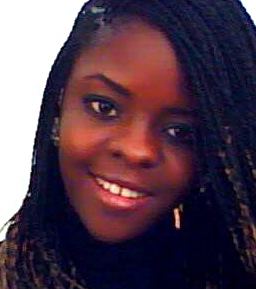

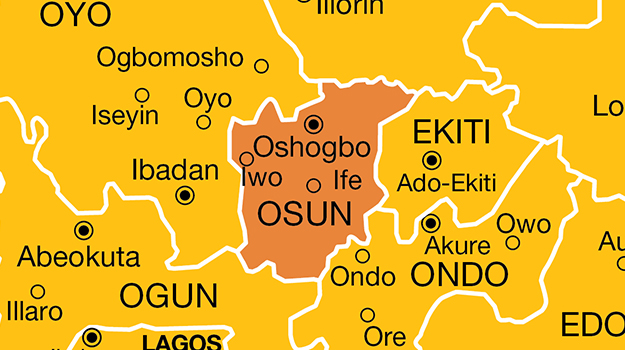
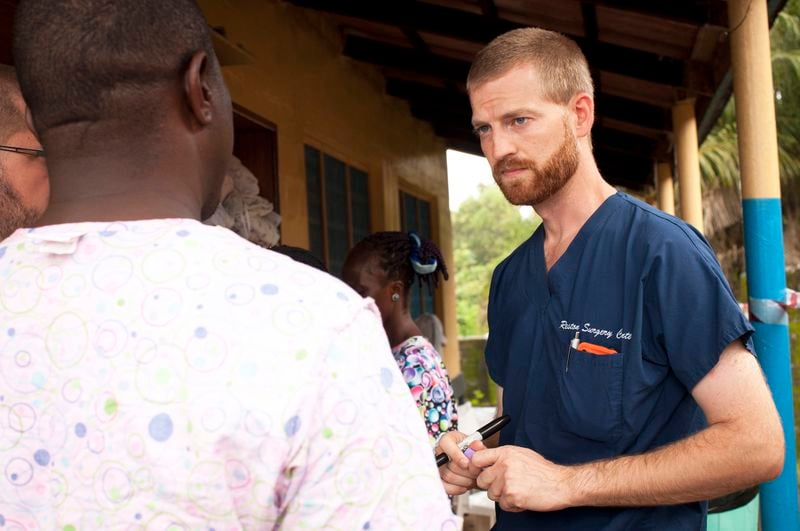
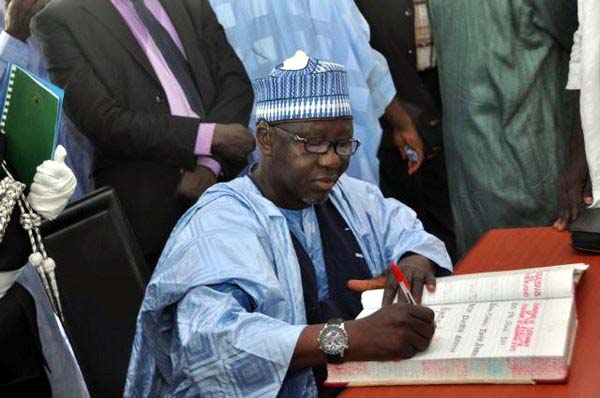
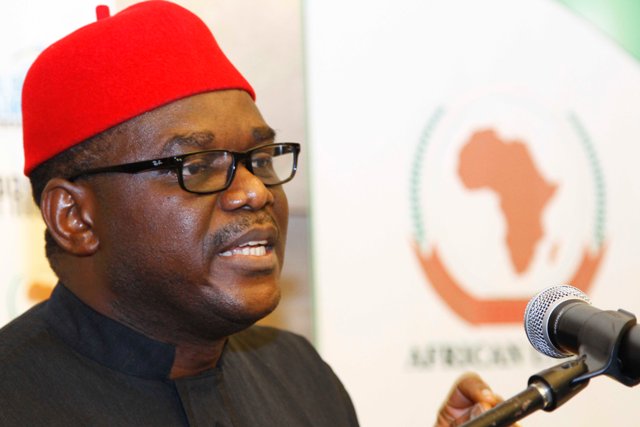
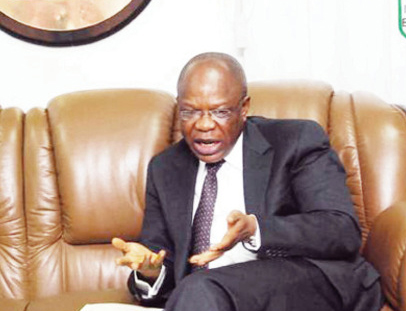
Great thoughts. I have always maintained that elections are won by the impact of the ballot box and not the update box of social media platforms. Participation is key!
I agree. The youth are well known for Twitter/Facebook elections than going to the polls to vote. Hopefully 2015 will tell a different story